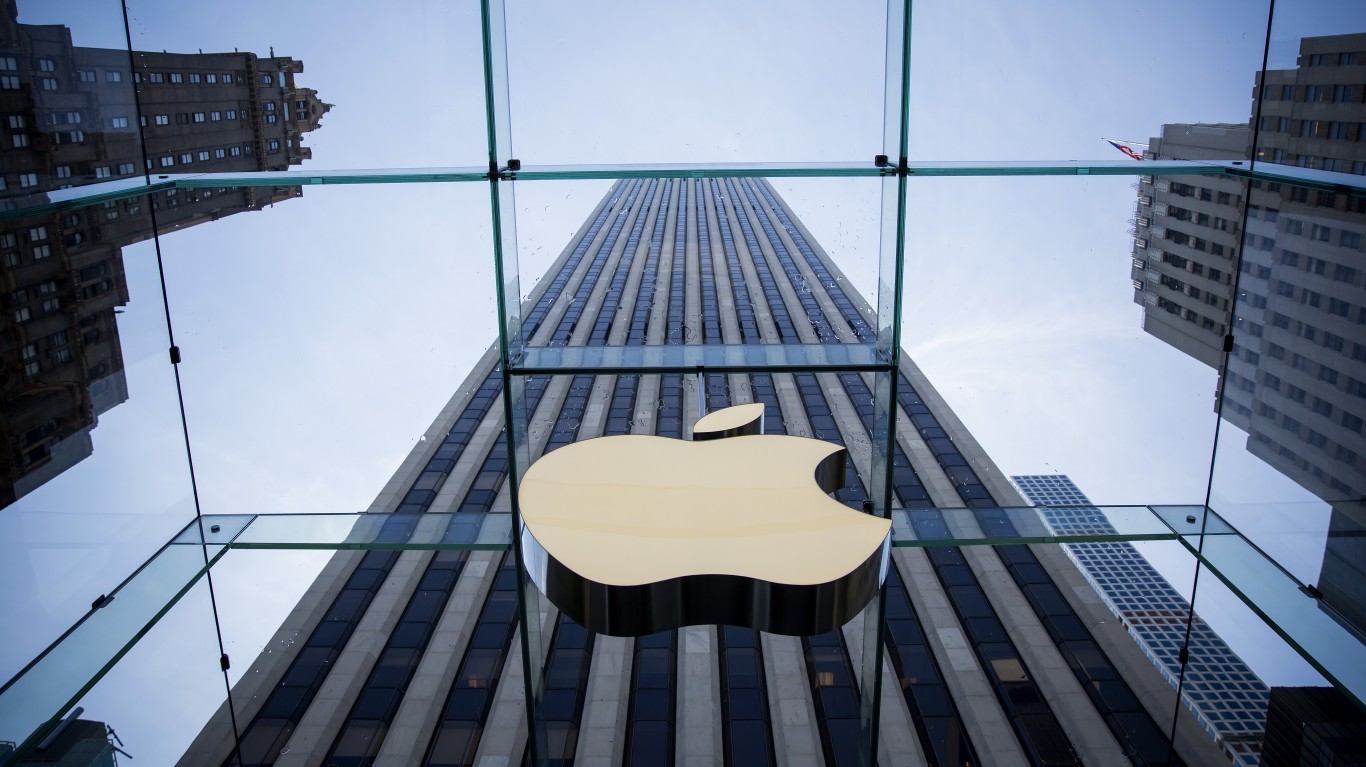
After posting an all-time high of nearly $241 a share in late May, Facebook Inc. (NASDAQ: FB) has dipped by about 4%. Investors are probably jockeying for position as the social media giant addresses attacks from inside and outside the company. The stock price movements represent the uncertainty surrounding the stock.
While calls for breaking up the company have receded, demands for additional scrutiny of content posted to Facebook and Instagram have increased. Last week, CEO Mark Zuckerberg agreed to review the social network’s content policies. This came after some company employees publicly challenged the company’s decision refusing to take any action on several posts to Facebook from President Donald Trump.
Adding fuel to the fire, the Philippines Department of Justice began a probe into weekend reports of dummy accounts created with real users’ names without their permission. Recent passage of a new censorship law in the country has become a flashpoint for critics of President Rodrigo Duterte.
While a 4% decline in shares of Facebook is not a big deal, it’s not nothing either. Facebook’s ability to weather the storm of criticism for the way it scrutinizes (or not) posts could affect the company’s advertising revenues.
Revenues Under Pressure
In 2019, Facebook’s ad revenues totaled nearly $70 billion, second only to Alphabet Inc.’s (NASDAQ: GOOGL) massive $135 billion in ad revenue. The two firms accounted for about 70% of all digital ad dollars last year.
At least one analyst believes that the COVID-19 pandemic will lower 2020 digital ad revenues by $45 billion. That means that Facebook and Google risk revenue declines totaling $32 billion, split roughly 35% and 65%, respectively. Even to these two giants, that is real money and it means reining in spending.
Google CEO Sundar Pichai already has announced that Google will curtail its hiring this year and could implement big cuts to its own marketing budget. While withholding any details, Facebook has said that its revenues are being affected by lower demand for advertising. The company’s messaging services are seeing a jump in traffic, but they produce little revenue
Facebook is expected to post second-quarter revenues of around $17.2 billion, an increase of about 1.7% year over year. In the first quarter, revenues rose by 17% year over year.
That’s better than the expectations for Google, though. Analysts expect ad revenues at the search giant to drop from $38.9 billion in the year-ago second quarter to $37.2 billion. That would be a decline of around 4.4%.
Google also is feeling the pressure from Amazon.com Inc. (NASDAQ: AMZN) as the e-commerce giant continues to increase its share of online ad spending. Amazon scored more than $14 billion in ad revenues last year, a year-over-year jump of 39%. About 70% of Amazon’s ad revenues comes from search ads.
Skirmishes Continue on the Political Front
The recent spate of phony Facebook accounts in the Philippines follows the passage last week of a so-called counterterrorism act that makes it a crime to criticize the Duterte government. When (not if) it is signed by Duterte, government officials will have broad authority to arrest and prosecute critics.
Some of those critics are afraid that, under the new act’s rules, the fake Facebook accounts could be used to prosecute them. Maria Ressa, CEO of news website Rappler, told the Financial Times that she had had at least 16 fake accounts created in her name. She said, “I think the context makes it terrifying, especially for the students who are targeted. We now have an anti-terror bill about to become a law that labels any dissenter, any one who is critical, a terrorist.”
A Facebook spokesperson in the Philippines said it understood the concerns among users in the country and is investigating the reports of fake accounts and “taking action on any accounts that we find to be in violation of our policies.”
That might be cold comfort to residents who face charges of being terrorists unless Facebook acts quickly and consistently to remove fake accounts.
The Average American Has No Idea How Much Money You Can Make Today (Sponsor)
The last few years made people forget how much banks and CD’s can pay. Meanwhile, interest rates have spiked and many can afford to pay you much more, but most are keeping yields low and hoping you won’t notice.
But there is good news. To win qualified customers, some accounts are paying almost 10x the national average! That’s an incredible way to keep your money safe and earn more at the same time. Our top pick for high yield savings accounts includes other benefits as well. You can earn up to 3.80% with a Checking & Savings Account today Sign up and get up to $300 with direct deposit. No account fees. FDIC Insured.
Click here to see how much more you could be earning on your savings today. It takes just a few minutes to open an account to make your money work for you.
Our top pick for high yield savings accounts includes other benefits as well. You can earn up to 4.00% with a Checking & Savings Account from Sofi. Sign up and get up to $300 with direct deposit. No account fees. FDIC Insured.
Thank you for reading! Have some feedback for us?
Contact the 24/7 Wall St. editorial team.
 24/7 Wall St.
24/7 Wall St.



